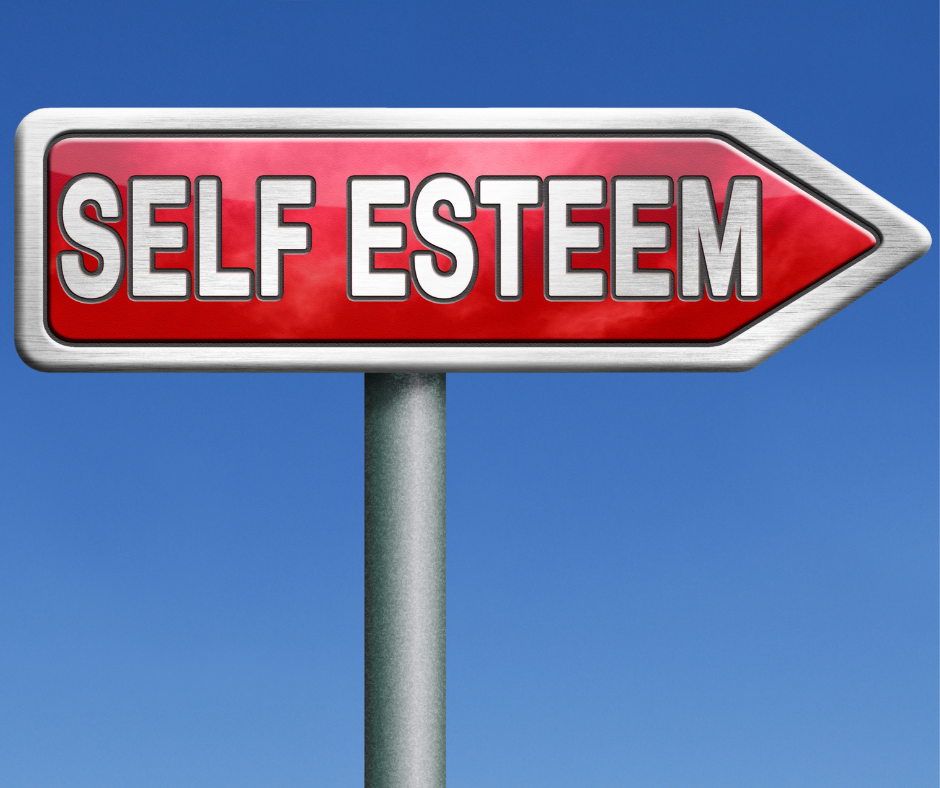Self Esteem & Relationship Management
Self Esteem & Relationship Management
Couldn't load pickup availability
There is a significant relationship between self-esteem and relationship management. Self-esteem refers to how individuals perceive and value themselves, their self-worth, and their overall self-confidence. Relationship management, on the other hand, refers to the ability to maintain and nurture healthy, positive, and constructive relationships with others.
Here are some ways in which self-esteem can influence relationship management:
-
Communication: Individuals with high self-esteem tend to communicate more effectively in relationships. They are better at expressing their needs, feelings, and boundaries, which can lead to healthier and more open communication with their partners or friends.
-
Boundaries: People with higher self-esteem are more likely to set and enforce appropriate boundaries in their relationships. They are better at recognizing and communicating their limits, which helps in maintaining healthier dynamics and prevents issues like codependency or excessive conflicts.
-
Empathy: Self-esteem influences a person's capacity for empathy. When individuals have a positive view of themselves, they are more likely to be compassionate and understanding toward others. This empathy fosters better emotional support and connection in relationships.
-
Conflict resolution: Individuals with healthy self-esteem are better equipped to handle conflicts constructively. They are less likely to become defensive or avoid conflicts altogether. Instead, they approach conflicts with a problem-solving attitude, leading to more effective resolution and relationship growth.
-
Trust and intimacy: Trust is a fundamental aspect of any relationship. People with higher self-esteem often find it easier to trust others because they have a solid foundation of self-assurance. This trust facilitates the development of intimacy and emotional closeness in relationships.
-
Relationship satisfaction: Individuals with higher self-esteem are more likely to have satisfying and fulfilling relationships. They are less prone to feelings of insecurity, jealousy, or unworthiness, which can negatively impact relationship dynamics.
It is important to note that while self-esteem can influence relationship management, relationship dynamics are complex, and various other factors also play a role. Both partners' self-esteem levels, communication styles, personalities, and past experiences can impact how they interact with each other.
Developing a healthy self-esteem is beneficial not only for individual well-being but also for cultivating positive and fulfilling relationships with others. Building self-esteem often involves self-reflection, challenging negative thought patterns, seeking support if needed, and practicing self-compassion. Is it time to get your priorities straight? Book a discovery call with us!
Share

Subscribe to our emails
Be the first to know about our updates!

